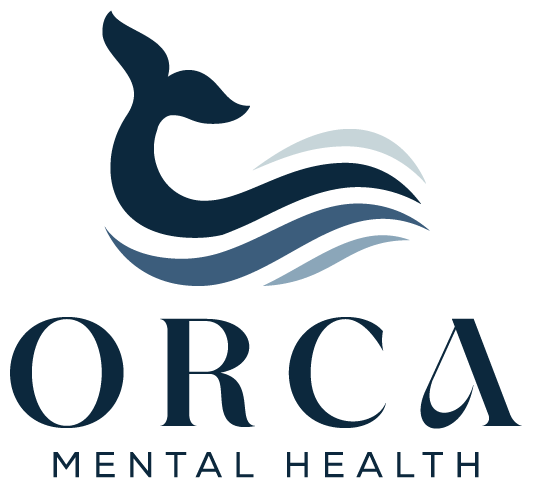Social media is a powerful tool—it can help men connect, share experiences, and even find inspiration. But it can also create intense pressure, reinforce harmful stereotypes, and leave men feeling isolated.
Understanding how social media affects men’s mental health is an essential first step toward finding balance. At Oceanside Recovery Centers and Mental Health (ORCA Mental Health), we specialize in treatment for men that addresses these challenges head-on, helping men rebuild confidence, improve emotional well-being, and reconnect with life offline.
Understanding the Link Between Social Media and Men’s Mental Health
Social media has reshaped how men connect, share, and measure success. While it offers connection and self-expression, it also contributes to mental health pressures that are often overlooked. Here are some ways social media has an impact on mental health:
- Studies show that young adults aged 19–32 who use social media heavily are 2 to 3 times more likely to feel socially isolated, compared to those who use it less.
- A recent survey found that 56% of men said social media promotes unattainable body image, with 42% saying they felt pressure to have a specific body type.
- In adolescent boys, 26% reported that images on social media caused them to worry about their body image.
These numbers make it clear: social media doesn’t just exist in the background—it shapes how men view themselves and their relationships. Whether it’s idealized physiques, filtered realities, or constant comparison, the psychological impact is real and often silent.
How Does Social Media Affect Men’s Mental Health?
Though many men find comfort in social media and may find it harmless, it often comes with hidden mental health costs, such as:
- Lower self-esteem from constant comparison to curated, idealized images of success and strength.
- Pressure to appear “put together” in both personal and professional life.
- Emotional fatigue from endless news cycles, polarized debates, and information overload.
- Reduced real-world connections despite frequent online interactions.
- Increased loneliness when digital engagement replaces in-person relationships.
- Heightened stress can occur when career demands, parenting, or caregiving pressures are amplified by social media.
When used without boundaries, these effects can undermine confidence, strain relationships, and make it harder to focus on what truly matters. Setting limits and seeking real-world connections are essential steps in protecting mental health.
Recognizing signs that social media may be impacting your mental health
If you’re wondering whether social media is negatively impacting your mental health, ask yourself:
- Do I feel more anxious, irritable, or inadequate after scrolling?
- Is it hard to limit my time online?
- Am I losing sleep because of late-night scrolling?
- Do I compare myself to others more often?
- Have my in-person relationships been affected?
Recognizing these signs is the first step toward making changes that support your mental health.
How ORCA Mental Health Supports Men Struggling with Social Media’s Impact
At ORCA Mental Health, we recognize that men face distinct challenges in today’s increasingly connected world. Social media can be a source of creativity and community, but it can also amplify anxiety, erode self-esteem, and make it harder to engage meaningfully offline. That’s why our men-only programs go beyond symptom relief—we help you understand the “why” behind your habits and give you the tools to make lasting change.
Our approach includes:
Personalized assessments
We begin by exploring your social media use—what platforms you use most, how they make you feel, and what role they play in your daily life. This helps us identify patterns that may be affecting your mental health or feeding into other concerns, like substance use.
Evidence-based therapies
Using evidence-based approaches like CBT (cognitive behavioral therapy), EMDR, and mindfulness-based strategies, our clinicians work with you to challenge negative thought patterns, reframe self-comparisons, and develop healthier coping skills. We combine these proven methods with holistic and specialty therapies—such as meditation, breathwork, biofeedback, and red light therapy—to address the mind, body, and spirit together. This integrated approach helps men build resilience in a way that feels both practical and personally meaningful.
Skill-building for healthier social media use
We teach practical tools you can apply right away, including:
- Setting daily time limits and “no-phone zones.”
- Learning to mute, unfollow, or block content that triggers comparison or distress.
- Practicing mindful scrolling—checking in with yourself while you’re online.
- Replacing passive scrolling with active, purposeful engagement.
- Building a more supportive online environment by curating your feed.
These strategies aren’t about cutting social media out of your life entirely—they’re about creating a healthier balance, where your time online supports your mental well-being instead of undermining it.
Reconnecting with the offline world
We help men strengthen offline relationships, hobbies, and routines that give life meaning beyond the screen. Through activities like hiking, fitness outings, and community events, you’ll rediscover a sense of connection and fulfillment that doesn’t depend on likes or followers.
Addressing co-occurring issues
For men whose social media stress is tied to depression, anxiety, or substance use, our integrated care model ensures all concerns are treated together with our dual diagnosis program—leading to better, longer-lasting results.
Levels of care that fit your needs
Whether you need the structure of our partial hospitalization program (PHP), the flexibility of our intensive outpatient program (IOP), or the stability of our supportive housing options, ORCA offers a continuum of care designed to meet you where you are and help you progress toward lasting wellness.
Our goal is to help you not only manage the adverse effects of social media but also redefine your relationship with it—so it becomes a tool you control, rather than something that controls you.
Taking the First Step Toward Mental Wellness
It’s never too early—or too late—to seek support for your mental health. For many men, the biggest hurdle is simply starting the conversation. Reaching out isn’t a sign of weakness—it’s a sign of commitment to yourself, your relationships, and the life you want to lead.
At ORCA Mental Health, we work to break the stigma surrounding men’s mental health by creating spaces where honesty is met with understanding, not judgment.
The answer to the question “how does social media affect men’s mental health,” starts with the first step, reaching out. Contact us for a confidential conversation. We’ll listen to your needs, help determine the right level of care, and walk you through your treatment options.
FAQs: How Does Social Media Affect Men’s Mental Health?
Is social media bad for men’s mental health?
Social media isn’t inherently bad, but how it’s used matters. For some men, constant exposure to curated images, comparison with peers, and endless news cycles can heighten feelings of stress, inadequacy, or isolation. Used mindfully, it can support connection, but without boundaries, it may worsen symptoms of anxiety or depression.
What are the signs that social media is affecting my mental health?
Warning signs include feeling irritable or down after scrolling, comparing yourself to others more often, losing sleep due to late-night use, and spending less time on in-person connections. If you notice your mood or self-esteem drops after using social media, it may be time to adjust your habits.
Does social media affect men differently than women?
Research suggests men may be less likely to talk about emotional struggles and more likely to hide stress, which can make social media’s negative effects more internalized and harder to spot.
What makes ORCA Mental Health’s men-only mental health program different?
Our men-only environment provides a safe space for open and honest conversation, free from the fear of stigma or misunderstanding. Group therapy is tailored to men’s experiences, with discussions and coping strategies that reflect the realities of male identity, societal expectations, and shared life challenges.

